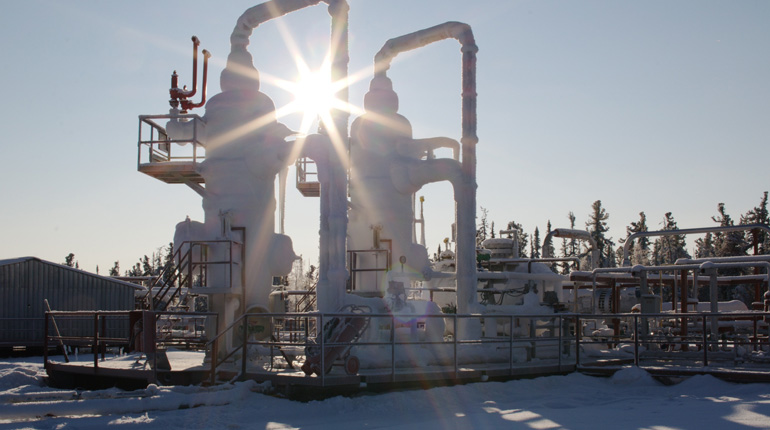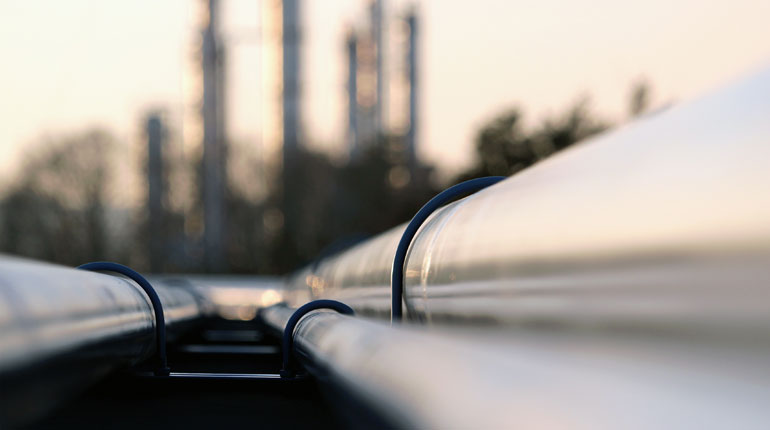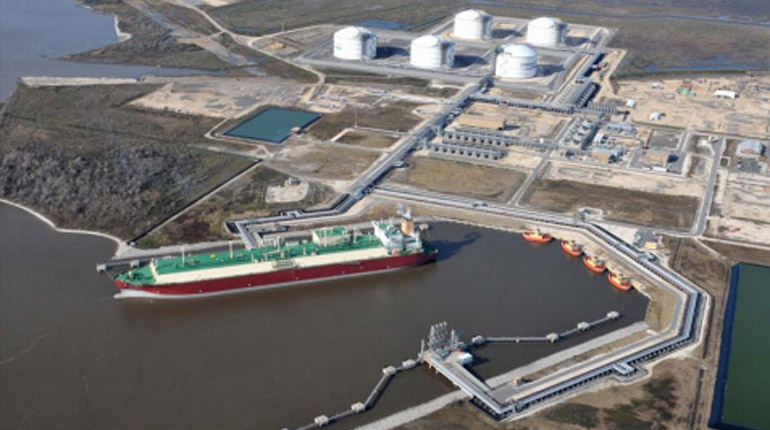 A Russian gas treatment unit. Varro said some countries suffer badly from methane leakage. (Gazprom)
A Russian gas treatment unit. Varro said some countries suffer badly from methane leakage. (Gazprom)
The increase in carbon reduction policies expected as a result of the COP21 summit in Paris last December will put the gas industry under more pressure to address its historical methane leakage problem, the International Energy Agency’s (IEA’s) chief economist said on Tuesday.
Addressing delegates on the second day of the Flame conference in Amsterdam, Laszlo Varro, who took over as the IEA’s chief economist at the end of January, said the drive towards cleaner fuels would help gas wrest market share from coal, but noted methane leakage in certain counties threatened to undermine those gains.
"Methane leakage is quite bad in some of the conventional producers – Russia, Nigeria, Iraq. I have to say I don’t see climate policy as the top political priority of these countries. This is something the industry has to address because methane leakage can completely undermine the viability of gas," said Varro.
According to a report released in 2015 by Rhodium Group, a New York-based advisory firm, 102 billion cubic metres of methane escaped into the atmosphere in 2012, which would make leakage the world’s seventh-largest gas producer. Cutting these losses, therefore, would deliver immediate climate benefits. However, to do this, Rhodium said countries would need to "significantly improve measurement and accounting of methane emissions from the sector".
Challenges
While the COP21 summit forced all oil and gas players to pay greater attention to changes in climate policy, significant green pronouncements by governments have been thin on the ground so far.
However, Cameron Hepburn, professor of environmental economics at the University of Oxford, pointed to certain developments that showed growing environmental awareness on the part of politicians. Hepburn noted the gradual shift away from coal as proof certain governments are serious about climate change.
"[The] coal shutdown is starting to happen. Whether it’s Yallourn [power station] in southern Australia or the UK coal fleet, which will be shut down by 2025, this is not a good time to be in coal," said Hepburn.
"It’s too easy to say there’s a lot of words but no action: there’s beginning to be action,’ he added.
While keeping to the Paris agreement will not be enough to prevent warming by 3C, according to Hepburn, it could prove to be a major boon for gas-fired generators in Europe.
"Using existing gas plants and switching away from coal is the cheapest form of abatement, and it can be done to a large degree. Europe’s combined-cycle gas turbine fleet is roughly one-third utilised, and coal is two-thirds utilised. Using gas for baseload […] would cut emissions in Europe […] by over a quarter, just from this operational fuel switching," he said.
Gas outlook
With environmental policy potentially benefiting gas in Europe, the outlook for cleaner-burning fossil fuels seems less gloomy than a year ago, Flame speakers agreed. However, from a gas seller’s perspective, the outlook for demand still represents an uncomfortable uncertainty.
Opening the conference on Tuesday morning, Jonathan Stern, chairman of the gas research programme at the Oxford Institute for Energy Studies, lamented the ability of the gas industry to predict demand.
"This is a big problem for us – whether you’re talking about academics, consultants, financial analysts or governments, we are uniformly lousy at predicting demand. We do not understand price elasticity of demand, we never have, and it’s unlikely we will in the future," said Stern.
"What should happen – if you’re a proper economist – is that we should get a lot more demand due to these low prices. But, I think some people might tell us that, if we are [getting more demand], they haven’t seen it yet," he continued.
Stern stressed the importance of looking at individual countries rather than regions when predicting demand.
"In the UK the prospects for gas demand are positive, in some other countries – Germany, perhaps here in the Netherlands – much less positive," he noted.
Stern pointed to the IEA’s recent demand projections, which have been progressively whittled down, as evidence of the industry’s tendency to overestimate appetite for gas. However, Stern noted that the IEA’s demand projection, although lower, still showed a positive picture.
Varro pointed to China as "the most important country" in terms of gas demand. Although China has committed to a vast new-build coal programme, Varro said air pollution would see the government come under increasing pressure to turn to cleaner fuels, such as gas. The IEA predicts Chinese gas demand plateauing at around 2 million tons of oil equivalent per year from now until 2040.








Talk to us
Natural Gas Daily welcomes your comments. Email us at [email protected].